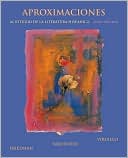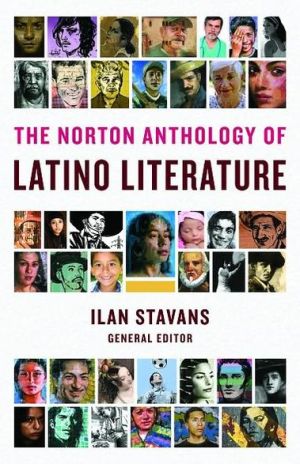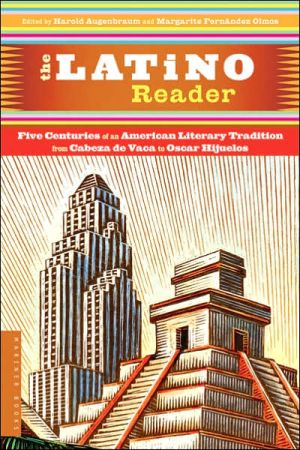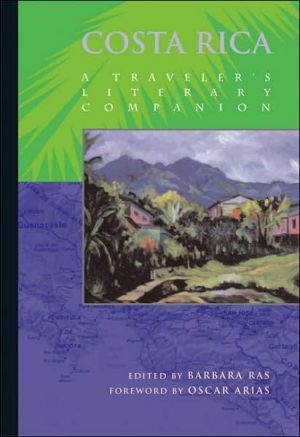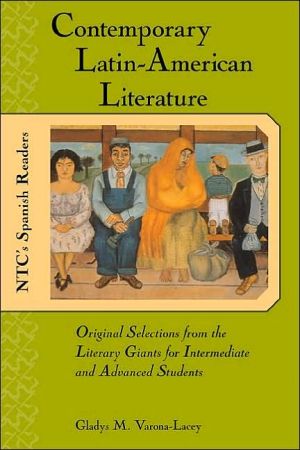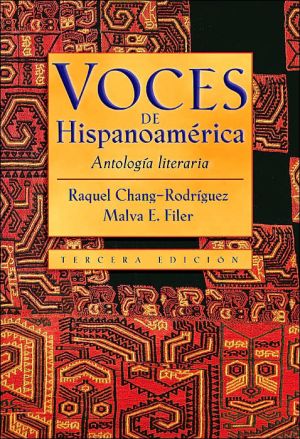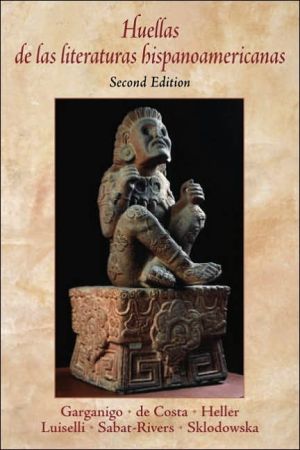Remedios: Stories of Earth and Iron from the History of Puertorriquenas
Full of medical folklore and healing tales, Remedios presents the history of the many women—and cultures—who have met at the crossroads of the islands of Puerto Rico. Beginning with the First Mother in sub-Saharan Africa more than 200,000 years ago, Aurora Levins Morales takes readers on a journey through time and around the globe. We learn of Juana de Asbaje, author of the "Reply to Sor Filotea" in 1693, the first feminist essay written in the New World; Gracia Nasi, Constantinople's...
Search in google:
A historical memoir that revives connections to legends and lore, and bears witness to oppression and resistance.BooknewsMorales, a teacher of women's studies, offers a history of the many women and cultures who have met at the crossroads of the island of Puerto Rico, beginning with the First Mother in Africa 200,000 years ago. She weaves in her own story of pain and healing with stories of figures including Juana de Asbaje, author of the first feminist essays written in the New World in 1693, and Gracia Nasi, Constantinople's "Queen of the Jews." These accounts are enriched with information on herbal remedies and traditional foods. Includes a glossary. No index. Annotation c. by Book News, Inc., Portland, Or.
AgradecimientosPrefaceIntroduction: RevisionBisabuelasGingko1Women of Yams - West Africa: - 50,000 to 2003Wild Yam5Banana Peel7Women of Bread - The Mediterranean: - 12,000 to-1,5008Morivivi18Scars19Women of Yuca - America: - 15,000 to 50020Potatoes21Tobacco24AbuelasWest African Women: 600 to 140027American Women: 700 to 140032Mediterranean Women: 600 to 140035Olive Oil40Pomegranates46Premonitions47DiscoveryHuracan: 1492-1600Bitters64Romero66Alegria87Calendula95Jenjibre: 1600-1699Ginger107Llanten123Parteras: 1700-1798White Pine127Anamu140Lazos: 1798-1898Melao141Yerba Buena143Yellow Dock153Aguacero: 1899-1929Ruda168Maguey174Mullein177Derrumbe: 1930-1954Malanga183Naranja188Milk Thistle204La Botanica (Sources)209Glossary of Selected Words229Medicine Cabinet232Index of Historical Persons233
\ BooknewsMorales, a teacher of women's studies, offers a history of the many women and cultures who have met at the crossroads of the island of Puerto Rico, beginning with the First Mother in Africa 200,000 years ago. She weaves in her own story of pain and healing with stories of figures including Juana de Asbaje, author of the first feminist essays written in the New World in 1693, and Gracia Nasi, Constantinople's "Queen of the Jews." These accounts are enriched with information on herbal remedies and traditional foods. Includes a glossary. No index. Annotation c. by Book News, Inc., Portland, Or.\ \ \ \ \ Kirkus ReviewsA confusing array of snapshots of women from the history of the Western hemisphere. Morales (who has taught Jewish studies and womenþs studies at the Univ. of Calif., Berkeley) wants to make the point that Puerto Rican women descend from many diverse cultures, and so she rightly includes stories here from West Africa, various parts of Mexico, and even Native American tribes, as well as Spain. But some of the inclusions really stretch the imagination (Ethel Rosenberg as an ancestress of Puerto Rican women?). Also, Morales includes very little about contemporary Puerto Rican women themselves, except to tell us in the introduction that they "have always held up four-fifths of the sky." The entire book is a chronological leap through 200,000 years of cross-cultural womenþs history. It is imaginatively organized, however, beginning with bisabuelas (great-grandmothers) and ending with the authorþs birth in 1954. Morales incorporates sidebars on assorted healing herbs and plants (shades of Like Water for Chocolate) into this ostensible healing history. Some of the profiles are illuminating and fresh. We learn of the many women in conquistador Hern n Cort‚sþs life, including his ill-fated first wife, whom he probably killed, his well-connected second wife, and his captured mistress. Another vignette examines Sister Juana de Asbaje, who in 1693 wrote "the first feminist essay published in the Americas." In the 1820s, French-Peruvian noblewoman Flora Tristan was similarly inspired by feminism, embracing socialism and traveling the world. Despite these standouts, Moralesþs impressionistic glances at various women lack cohesiveness. She also tends to romanticize theircontributions: St. Teresa of Avila, who cursed herself for being born a woman, is here lauded for her courageous, mystical feminism. The reality of Teresaþs life was far more complicated. Intriguing tidbits throughout make the book worth reading, but the parts are stronger than the whole.\ \

